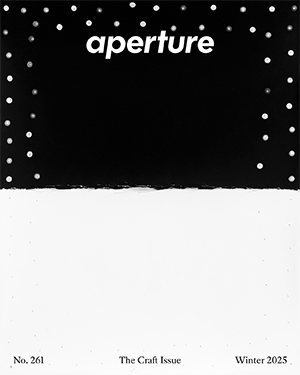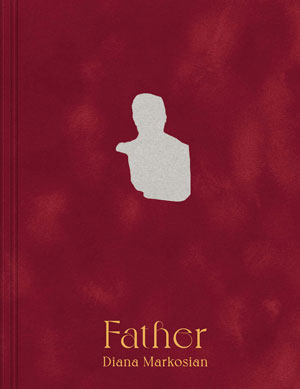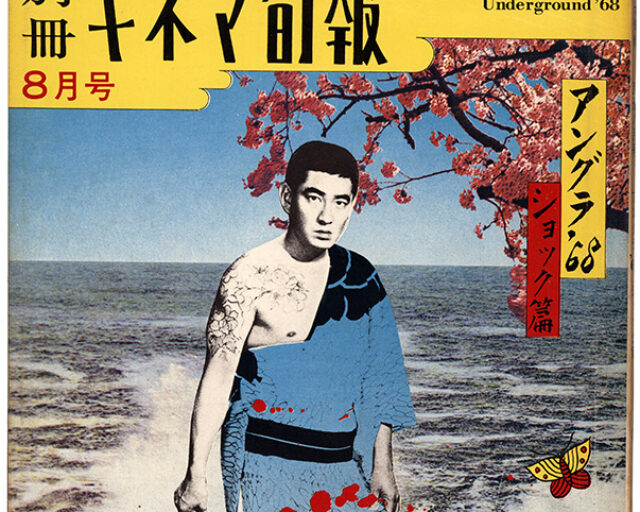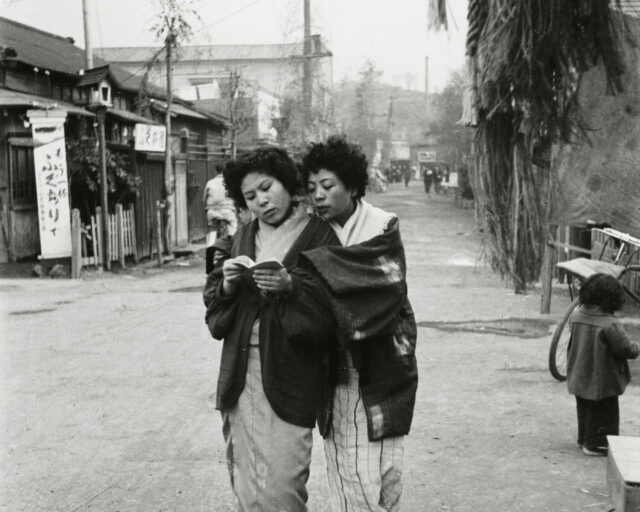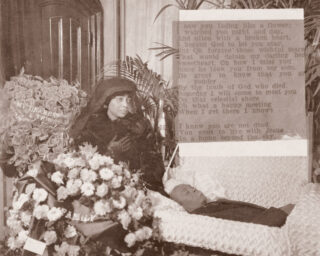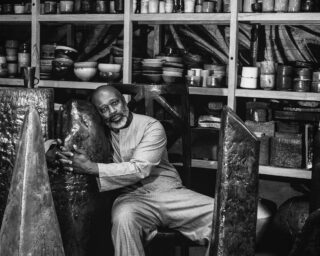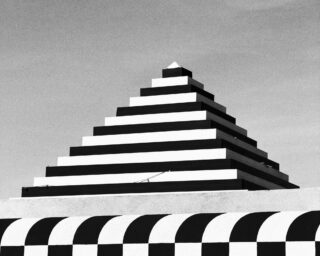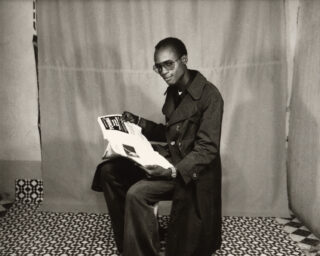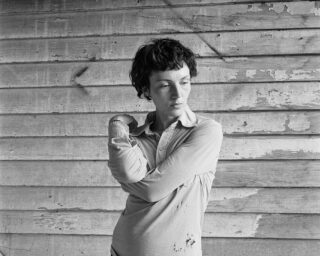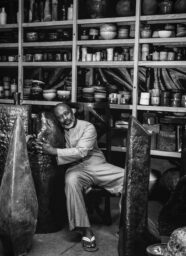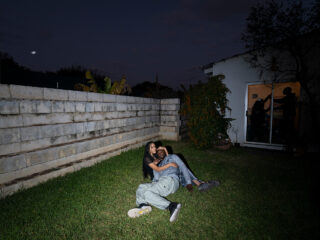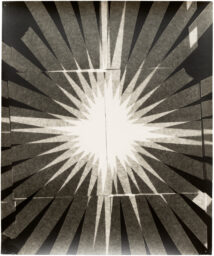Delirious Tokyo
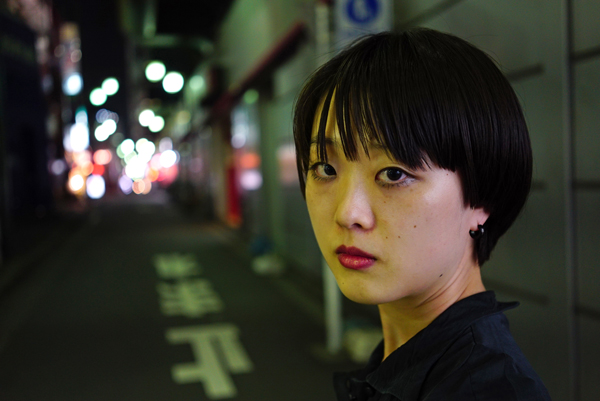
Daido Moriyama, Color, 2017
© Daido Moriyama Photo Foundation and courtesy of Luhring Augustine, New York and Taka Ishii Gallery, Tokyo
In Tokyo Color at Luhring Augustine Bushwick, Japanese photographer Daido Moriyama revisits the themes that have consumed much of his fifty-year career—urban street life, intimacy, pattern, and light. Divided into three distinct bodies of work, the prints and projections that fill the gallery include new large-scale color images taken on his frequent nighttime walks in Tokyo’s Shinjuku neighborhood, a slideshow projection of early color works from the late 1960s through the 1980s, and an undated selection of recently printed black-and-white photographs from his erotic “tights” series. Selected and installed according to Moriyama’s specific instructions, this exhibition presents an artist’s reflections on his long-established photographic language and iconography.
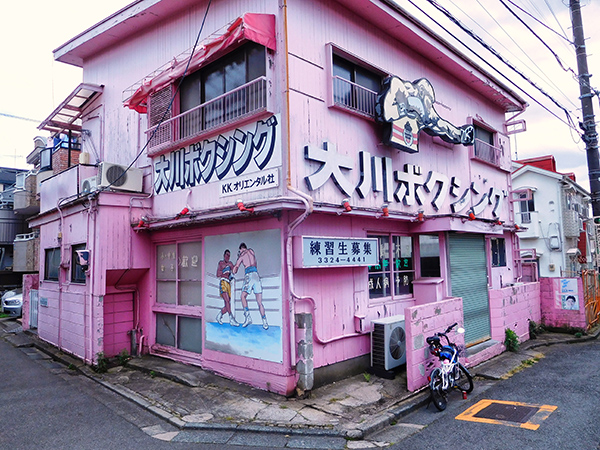
Daido Moriyama, Color, 2017
© Daido Moriyama Photo Foundation and courtesy of Luhring Augustine, New York and Taka Ishii Gallery, Tokyo
Moriyama first rose to prominence through his association with Provoke, a short-lived avant-garde publication from 1968–9 that fundamentally reshaped postwar Japanese photography. Although well-known for his grainy and blurred black-and-white photographs from the late 1960s to the ’70s, Moriyama has long included color photography in his practice. In 2008, armed with a new digital camera, his nightly Shinjuku walks began to capture a slightly different energy as a brash digital palette seeped into his images of garish signs, shop windows, tangled wires, and flamboyant urban denizens. The city and its frenetic energy collided with an immediacy that exposed an unnerving and threatening presence in everyday scenes.
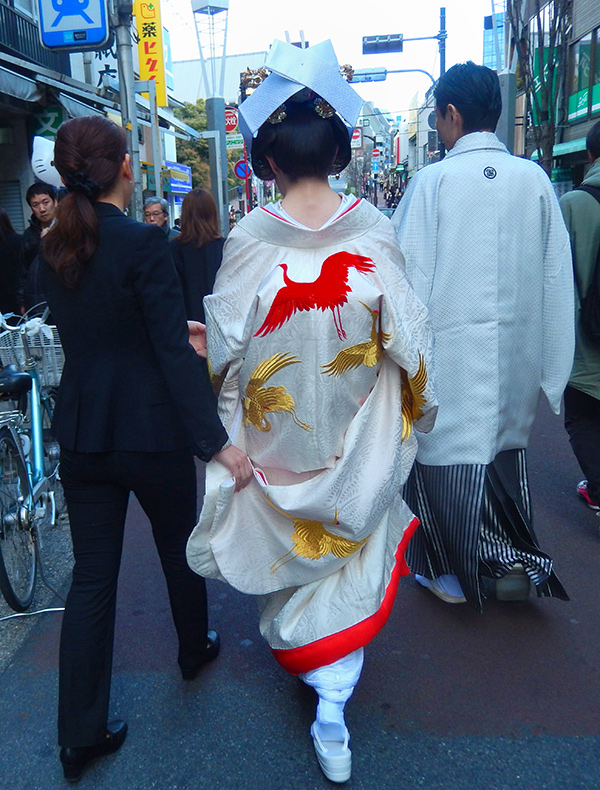
Daido Moriyama, Color, 2017
© Daido Moriyama Photo Foundation and courtesy of Luhring Augustine, New York and Taka Ishii Gallery, Tokyo
The recent color work in Tokyo Color takes this impulse to a new level of intensity. Installed in grids on three gallery walls, Moriyama’s color photographs confront the viewer with an immersion akin to billboards: Shinjuku’s daily deluge of brightly painted faces, fanciful clothing, neon signage, and fashionable shop mannequins. Saturated colors fight for the viewer’s attention as the exponents of modern consumer culture are transformed into a collection of abstract patterns that define the texture of a bustling city. A sensation of direct experience is quickly replaced with visual overload.
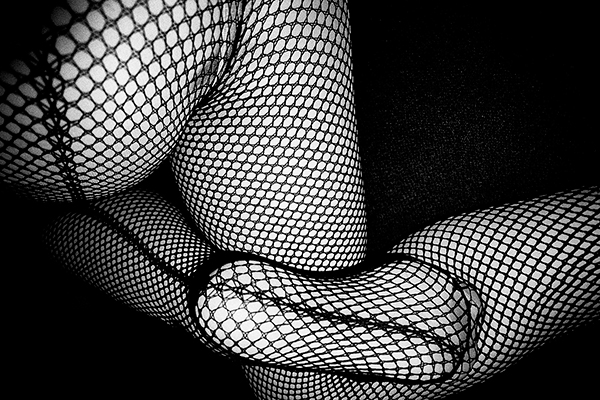
Daido Moriyama, Tights, 2017
© Daido Moriyama Photo Foundation and courtesy of Luhring Augustine, New York and Taka Ishii Gallery, Tokyo
The jarring visual patterns of Shinjuku are both expanded and restrained on a fourth wall, which lines up a selection of sixteen black-and-white photographs from Moriyama’s ongoing “tights” series. Begun in the 1980s, these elegant portraits of curved legs and torsos enveloped in patterns of crisscrossing lines convey a subtle yet powerful eroticism. The photographs are abstract, formal compositions, directing the eye around and between undulating legs, feet, and rear ends, all highlighted against dense black backgrounds and grainy surfaces. In “tights,” Moriyama’s patterns and stark lighting simultaneously reveal and obscure a precise reading of body parts—with the only roadmap often provided by the black seam of a stocking. Earlier works printed in 2017, these highly seductive images are especially complementary when placed adjacent and opposite to the brash Shinjuku photographs. “The black-and-white tells about my inner world, my emotions and deep feelings,” Moriyama says, “whereas the color photographs are much more about the experience of being in the streets, the overload of posters and signs and advertisements as you wander through the city.”
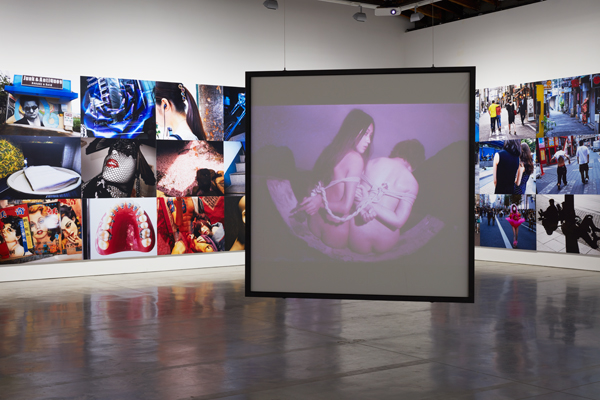
Daido Moriyama, Color, 2017. Installation view at Luhring Augustine Bushwick
© Daido Moriyama Photo Foundation and courtesy of Luhring Augustine, New York and Taka Ishii Gallery, Tokyo
Capturing the essence of Shinjuku has engaged Moriyama since he first arrived in Tokyo in the early 1960s from his native Osaka. As a young freelance photographer, he began his now-routine practice of nightly wanderings and bar crawls through Shinjuku’s seedier quarters. Many of his best-known photographs from the 1960s and ’70s began as color images that were later converted to black-and-white. Projected on a hanging screen that bisects the gallery space is a slideshow of 128 color photographs from his earliest wanderings. Purplish in tone and challenging to see clearly in the well-lit gallery space, these images, which were first published in Camera Mainichi magazine, offer a primer of Moriyama’s continual engagement with the city. Gritty and rundown street corners, 1970s signage, bodies in various states of undress, legs in fishnets, motorcycle gangs, and the lowlifes from Shinjuku’s notorious Kabukicho district flash across the screen. Seen together in one space, the three distinct series that comprise Tokyo Color provide a rare glimpse of a mature photographer revisiting his own history and taking stock of his lifelong thematic obsessions.
Daido Moriyama: Tokyo Color is on view at Luhring Augustine Bushwick through October 22, 2017.
